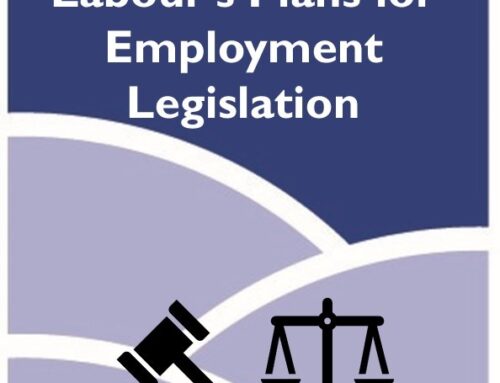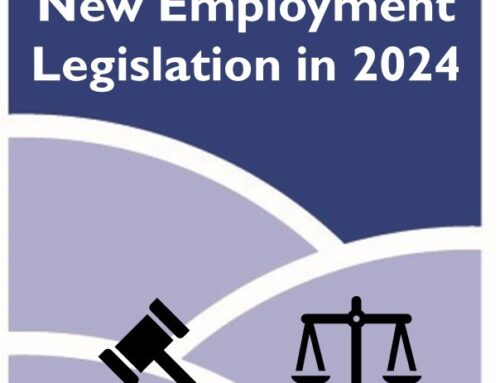Throughout this disruption there have been questions and mixed messages from HMRC and The Treasury regarding holidays / annual leave and the nature of the agreement to furlough an individual. In the past few days there has been more clarification on both which we share in this bulletin:
Holidays / Annual Leave
The pertinent guidance was published on the .GOV site for employee (rather than employer) guidance, just to keep us guessing. Here is the link
https://www.gov.uk/guidance/check-if-you-could-be-covered-by-the-coronavirus-job-retention-scheme
The key wording regarding holidays is here:
“You can take holiday whilst on furlough. Working Time Regulations (WTR) require holiday pay to be paid at your normal rate of pay or, where your rate of pay varies, calculated on the basis of the average pay you received in the previous 52 working weeks. Therefore, if you take holiday while on furlough, your employer should pay you your usual holiday pay in accordance with the WTR. Employers will be obliged to pay the additional amounts over the grant, though will have the flexibility to restrict when leave can be taken if there is a business need.”
So, in summary:
- Holidays accrue during furlough
- Holidays can be taken during furlough without breaking furlough
- Holidays taken during furlough (including bank holidays) need to be paid at the full normal rate
- The employer can still claim the furlough payments during employee holidays but will have to top up to 100%
Also, as a reminder, employers can request employees to take part of their furlough absence as holiday. They would have to give twice as much notice of the holiday than the length of holiday to be taken (two weeks notice for one week holiday) and that holiday period should be paid in full. Additionally, the WTR has been relaxed and allows employees to carry forward unused statutory holiday into the next two holiday years, which may help manage the rush to book holidays when travel restrictions are finally lifted.
Furlough Agreement
Over the past few weeks there has been a differing of emphasis in messages / guidance coming from The Treasury and HMRC with respect to the nature of the furlough agreement.
When initially announced it was for the employer to inform an employee they had been placed on furlough, this was quickly updated to written confirmation that should be kept for 5 years. So far so good, but the Treasury direction introduced the requirement “for employees to agree to cease all work in writing.”
We are members of a closed group for HR specialists that is run by a London based Employment Law Barrister who has been seeking clarification on this matter with The Treasury. We have been given permission to share the contents of a letter to him from the office of Jim Harra, HMRC Chief Executive and First Permanent Secretary. This is the crucial paragraph:
“…the employer and the employee must reach an agreement and an auditable written record of this agreement must be retained. It does not necessarily follow that the employee will have provided written confirmation that such an agreement was reached in all cases.”
This doesn’t square perfectly with the wording of the Direction, BUT, it is a helpful, clear and unequivocal statement from HMRC that they will not deny an employer the ability to reclaim funds simply on the basis the employer had not obtained written agreement from the employee to cease all work for the employer.




